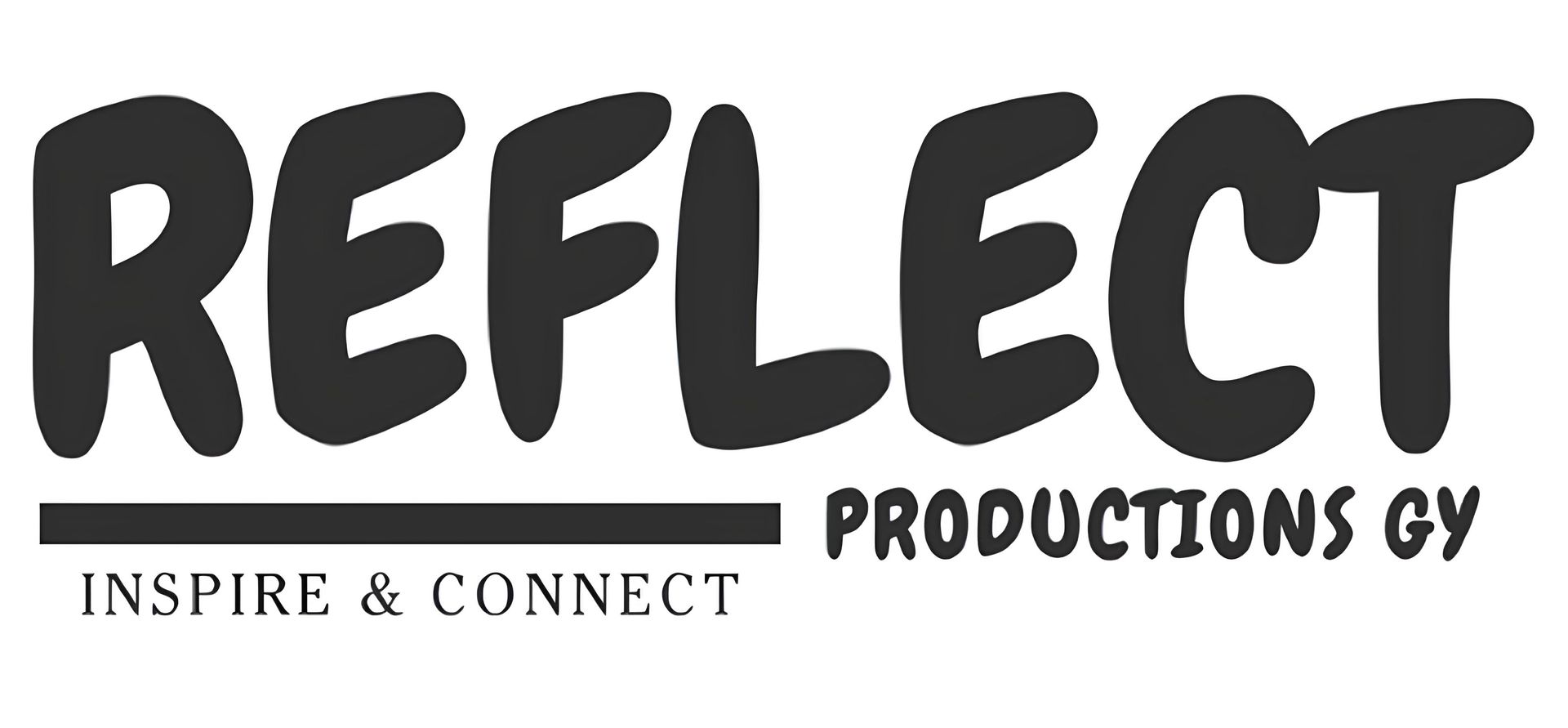The Role of Storytelling in Building Resilience and Confidence
The Power of Storytelling
Storytelling is an ancient art that has been instrumental in shaping cultures, societies, and individuals. Its power to convey complex ideas in a simple and relatable manner has made it a vital tool for building resilience and confidence. By sharing stories, we not only connect with others but also find strength in knowing that we are not alone in our experiences.
Stories have the ability to transport us to different worlds, introduce us to diverse perspectives, and inspire us to overcome challenges. Whether it's through books, films, or personal anecdotes, storytelling plays a critical role in personal development.

Building Resilience Through Stories
Resilience is the capacity to recover from difficulties and adapt to change. Stories of triumph over adversity can be incredibly motivating and serve as a reminder that challenges are an inevitable part of life. By hearing about others who have faced similar hurdles and emerged stronger, we are encouraged to build our own resilience.
For example, tales of historical figures who have overcome great odds can inspire us to persevere in the face of our own struggles. These stories provide a roadmap for navigating difficult times and reinforce the belief that we too can emerge victorious.
The Science Behind Storytelling and Resilience
Research has shown that storytelling activates various parts of the brain, making it a powerful tool for learning and memory. This means that lessons learned through stories are more likely to be retained and applied in real-life situations. Additionally, storytelling fosters empathy, allowing us to understand and relate to others' experiences, which is crucial for building resilience.

Boosting Confidence with Narratives
Confidence is another crucial trait that can be nurtured through storytelling. Hearing stories of others who have succeeded despite setbacks can boost our self-esteem and encourage us to pursue our goals with determination. These narratives remind us that failure is not the end but rather a stepping stone towards success.
Moreover, sharing our own stories of overcoming obstacles can reinforce our self-belief and serve as a testament to our capabilities. When we articulate our experiences, we acknowledge our strengths and achievements, which bolsters our confidence.
Storytelling as a Tool for Personal Growth
Engaging in storytelling, whether as a listener or a narrator, fosters personal growth. It allows us to reflect on our experiences, learn from them, and share valuable insights with others. This process not only enhances our communication skills but also cultivates a sense of purpose and fulfillment.

The Role of Communities in Storytelling
Communities play a vital role in the storytelling process by providing a platform for sharing experiences and learning from one another. Within supportive communities, individuals feel safe to express themselves and gain new perspectives, fostering both resilience and confidence.
Group storytelling activities, such as workshops or support groups, encourage collaboration and connection. These interactions help build a sense of belonging and mutual support, which are essential components of resilience.
Conclusion: Embrace Your Story
In conclusion, storytelling is a powerful tool for building resilience and confidence. By embracing our stories and those of others, we cultivate empathy, understanding, and strength. Whether through listening or sharing, storytelling encourages us to grow, connect, and thrive in an ever-changing world.
As we continue to navigate life's challenges, let us remember the power of storytelling as a source of inspiration and encouragement. Embrace your story, share it with others, and watch as it transforms not only your life but the lives of those around you.
